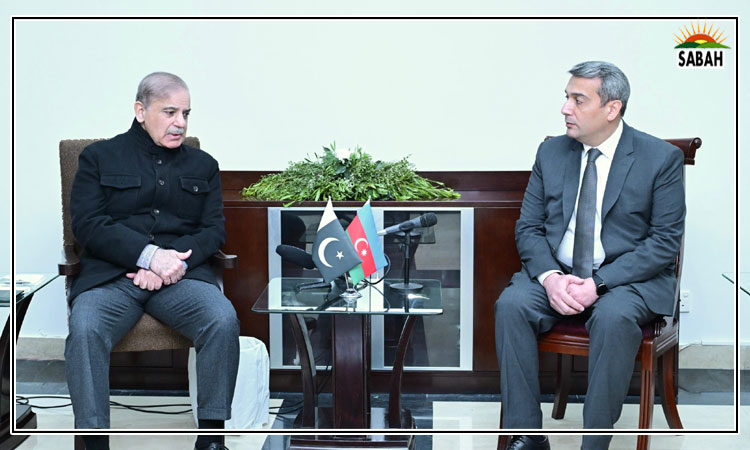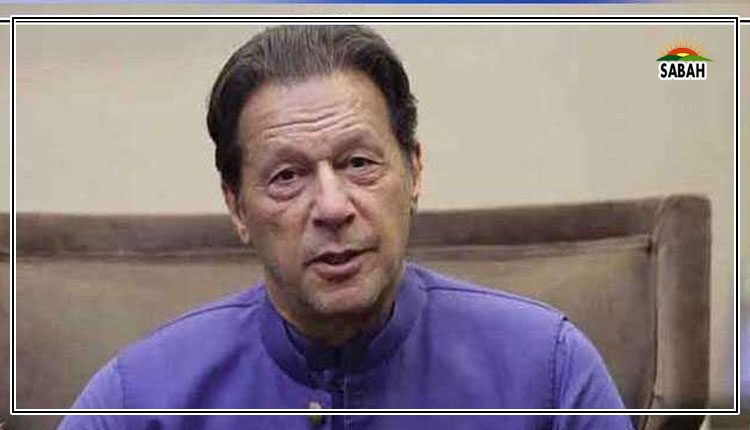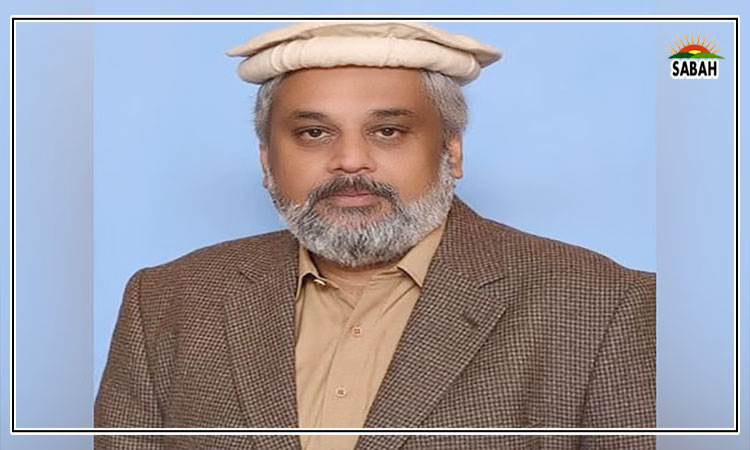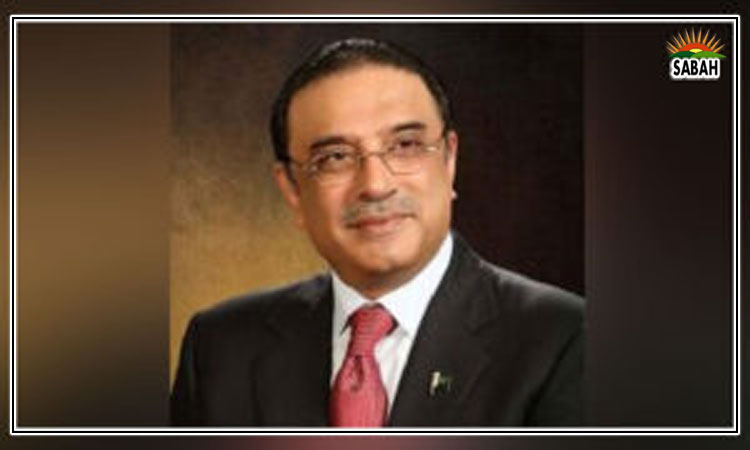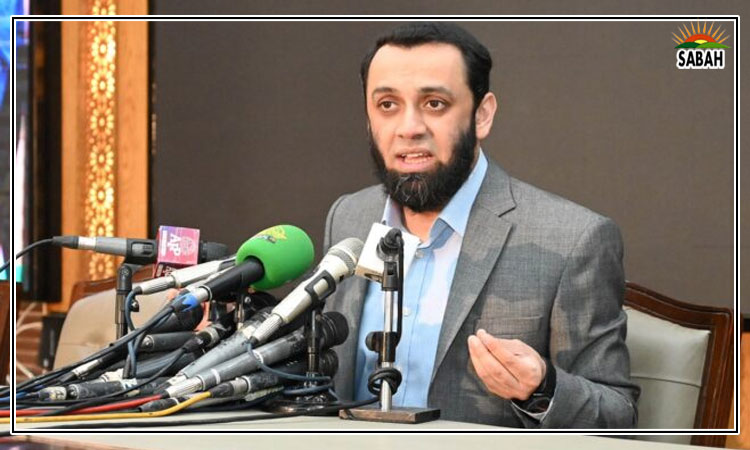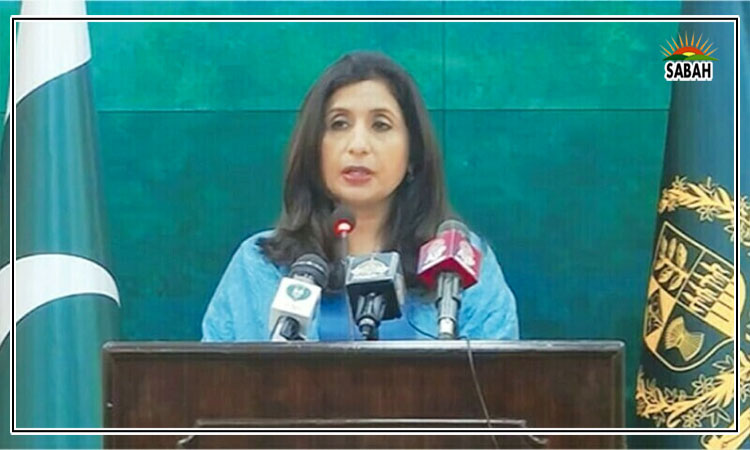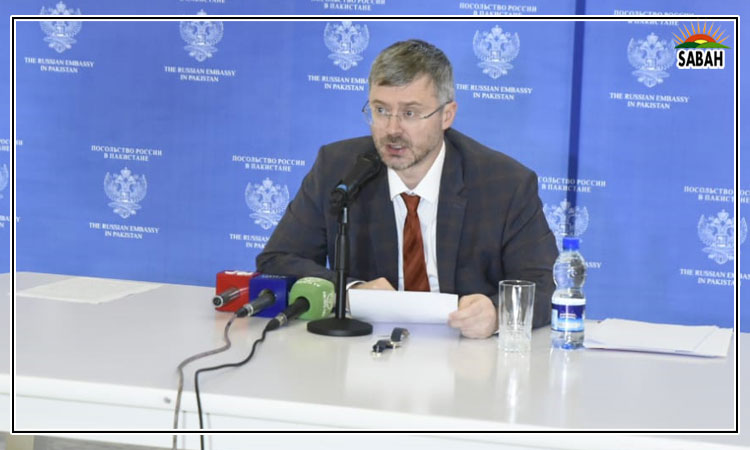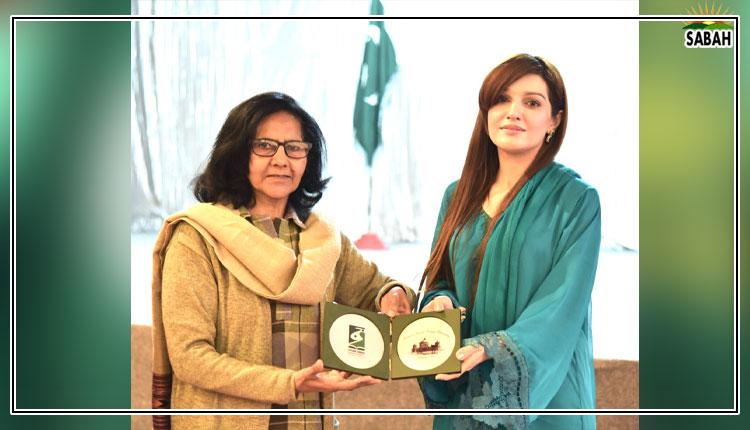Women financial independence key to unlock nation true potential: Mushaal Mullick
ISLAMABAD, March 15 (SABAH): Former Special Assistant to Prime Minister for Human Rights and Women Empowerment Mushaal Hussein Mullick stressed the need for the increased women engagement in social and digital arenas because their financial independence was a pivotal pillar to unlock the true potential of the nation.
 Speaking at a seminar held in connection with International Women Day titled “Breaking Barriers: Roles, Challenges, and Opportunities for Women Empowerment in the Digital Age” as a chief guest, Mushaal Mullick said that women’s empowerment and human rights encompassed a wide range of interconnected areas, each contributing to the overall goal of achieving gender equality and ensuring the rights and dignity of all individuals.
Speaking at a seminar held in connection with International Women Day titled “Breaking Barriers: Roles, Challenges, and Opportunities for Women Empowerment in the Digital Age” as a chief guest, Mushaal Mullick said that women’s empowerment and human rights encompassed a wide range of interconnected areas, each contributing to the overall goal of achieving gender equality and ensuring the rights and dignity of all individuals.
“On this International Women’s Day, let us vow to support and empower women in all areas of life. Together, we can build a world where gender equality is not just a goal, but a reality. Let us seize this opportunity to create a better, more inclusive world for future generations,” she added.
She made it clear that no nation in the world could make progress without empowering their women and they needed to admit the bitter reality and worked tirelessly for realizing the dream to give due constitutional, legal and Islamic rights to them.
Mushaal Mullick, who is a wife of senior incarcerated Hurriyat Leader Muhammad Yasin Malik, revealed that despite a limited timeframe and mandate of the caretaker government, she as SAPM for Human Rights and Women Empowerment had given a robust “100-day Plan” aimed at enhancing the overall human rights landscape and promoting women’s empowerment in Pakistan. She further elaborated that the plan encompassed a wide array of initiatives spanning critical areas such as Gender Equality, Education, Economic Empowerment, Healthcare, Violence against Women, Political Participation, Legal Rights, Reproductive Rights, Freedom from Discrimination, Child Marriage, Access to Justice, Media Representation, Access to Technology and Social and Economic Safety Nets.
Moreover, Mushaal stated that her ministry undertook a number of other initiatives such as establishing four Truly Representative Consultative Committees on rights of Transgender, Minorities, Kashmir struggle and Palestine Issue, besides launching a Pakistan wide program of Converting Prisons into Correction Facilities Program and converting SAPM Office into Incubation and Nerve Centre for Accomplished Women as well as building a grass root irreversible structure of women mobilization through Bukhtar Program.
The Hurriyat leader stressed the need for providing girls and women with access to quality education societies to unlock their potential to become leaders, innovators, and agents of change. Speaking about hardship of Kashmiri women, she lamented that in conflict zones like Kashmir, sexual violence, including rape, had been used as a tool of psychological warfare to instill fear, humiliate communities, and exert control over the population.
“Rape not only harms individual victims but also has far- reaching consequences for families, communities, and the overall social fabric of Kashmiri society,” Mushaal added.
Similarly, hurriyat leader highlighted unimaginable difficulties being faced by women of Palestine and urged the world to take notice of the barbarism and state terrorism unleashed by Indian and Israeli forces on Kashmiri and Palestinian women.
Vice Chancellor, FJWU Dr Uzaira Rafique also expressed her view regarding the strength of women in breaking societal barriers and achieving various milestones.
Sabien Hussein Mullik General Secretary Peace and Cultural Organization also shed light on the women empowerment and woman rights abuses in Indian Illegally Occupied Jammu and Kashmir (IIOJK). She questioned the world’s silence over the Indian worst war crimes in the occupied valley and the use of women rap as a war tool to defuse the flames of Kashmir freedom movement.
Professor Zafar Iqbal Sindhu also highlighted the imperative of women’s empowerment in the digital era.



